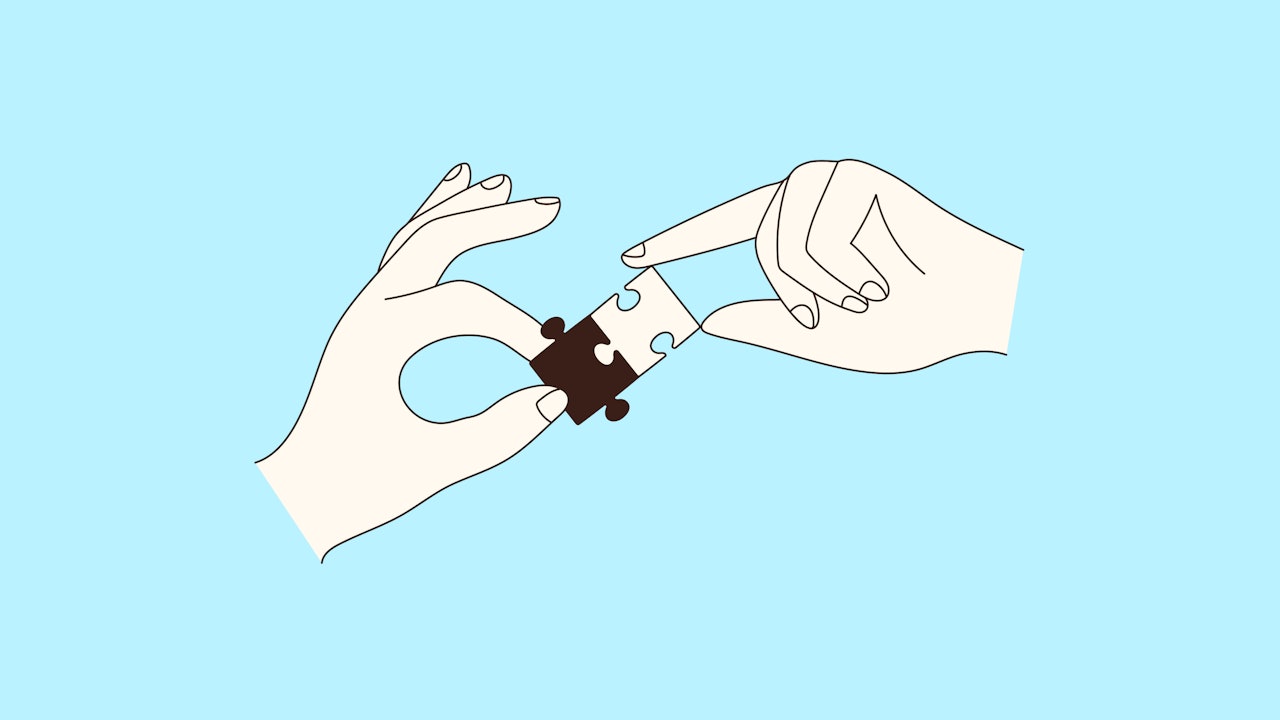Navigating unsettling times

Dr. Ramesh Perera-Delcourt

Our thoughts are with everyone affected by the riots occurring across the UK. Whether or not you are part of a directly targeted community or city, these events may still impact you. It’s natural to feel concern for yourself, family, loved ones, or colleagues. The distressing nature of these incidents can touch us all.
Acknowledge emotions
The wide range of emotions you might experience – such as anxiety, anger, sadness, helplessness, or shame – are valid. There is no 'right' way to feel during such times. Acknowledging the situation and the emotions it stirs up is crucial. However you’re feeling, be compassionate with yourself and take steps to care for your wellbeing: You are not responsible for what is happening. You deserve to be safe and well.
- You could write down or even just name what you’re feeling. This can help you understand the feeling, let it be there, then pass.
Practice self-care
During challenging times, self-care becomes more vital than ever; ‘we cannot pour from an empty cup.’ Everyone navigates these experiences differently, so find what works best for you. Whether it’s sticking to small daily habits or being flexible with your routine, the goal is to support your physical and mental wellbeing so you can get through this.
- Self-care includes making time for things that replenish you, such as reading, watching TV, savouring food, trying to stick to a sleep routine, or any kind of physical activity.
Connect with support systems
Human connection can be a powerful source of comfort and strength. Try to connect with those who support you and, if you feel able to do so, those who you can support, both inside and outside of work. While it can be tempting to self-medicate with alcohol or other substances, allow yourself to genuinely feel and experience your emotions instead.
- Check in with people. Even asking “How are you doing, really?” can allow you to bond and form mutually supportive connections.
Be kind to yourself and others
Release any judgments about how you are feeling or not feeling, doing or not doing, or how you are affected or not affected. If you’re in a position to help, you could consider donating to organisations repairing damage caused by the riots. However, remember that it’s okay if you’re not in a position to do this.
- Accept that it’s okay to take things one step at a time. Speak to yourself with the same kindness and understanding you would offer to someone you care about – with a warm tone of voice, recognising that you are doing your best and focussing on what’s right for you.
Manage media consumption
The impact of being online and exposed to distressing images and content can be significant. Your brain can activate the same 'fight or flight' response to electronic media, affecting your physical and psychological wellbeing. While it’s important to stay informed, try to limit your exposure and set boundaries for yourself. Seek help from others if you find it difficult to maintain these boundaries.
- You can set time limits on how much you check the news and social media; unfollow or mute what distresses you; and focus on accounts or offline activities that uplift you.
Find hope and people who share your values
Look for examples of local communities coming together in the aftermath of these events. This can help counteract the negativity bias and sense of threat amplified by the media. Focusing on positive stories can provide a sense of hope and resilience.
- Search local news for positive stories, or look for local or national organisations which align with what’s important to you.
Ensure physical safety
Be aware of any risks of violence in your local area and avoid these spots if possible. Your physical safety is paramount, and taking precautions can help you feel more secure.
- Keep informed, stick together when you go out, and make a plan for what to do in case of an emergency.
Supporting ourselves and each other
These challenging times call for compassion, understanding, and support. By taking care of ourselves and each other, we can navigate this period with resilience and hope. Remember, it’s okay to ask for help and to take the time you need to heal and recover. Here are some options for how you can support yourself and those affected.
Access Unmind resources
We have made a selection of short Unmind resources free to access that might help you at this time:
Managing Stress – Dropping Anchor
Box Breathing
Race, racism and mental health
This three-part blog series with Dr Heather Bolton, Director of Science at Unmind, and clinical psychologist, Dr Fabienne Palmer, explores the topic and offers practical advice.
Other helpful mental health resources
HelpGuide. If you need someone to talk to urgently, follow this link.
Mind’s new Support Line is a safe, confidential place to talk about your feelings and mental health. Call 0300 102 1234. More info here.
Support charities combatting racism
Hope Not Hate UK are pledging to ‘transform the current climate of pessimism into a movement of hope and community action’. You can sign the pledge and stay informed on campaign updates here.
The Exit Hate trust offers ‘mentoring support to individuals who are involved in extremism and want to walk away and we also families who have a loved one involved’.
Stop Hate UK ‘operates the UK’s only free dedicated 24-hour anti-Hate Crime reporting service for all monitored strands of a person’s identity or perceived identity’.
Support charities supporting asylum seekers and refugees
British Red Cross is the UK’s largest independent provider of services for refugees and asylum seekers.
Migrant Voice is an organisation that develops migrants' skills and confidence in speaking up and advocating for themselves.
Refugee Action helps refugees and people seeking asylum rebuild their lives in the UK.
About the Author

Dr. Ramesh Perera-Delcourt, Head of Psychology
About the Author
